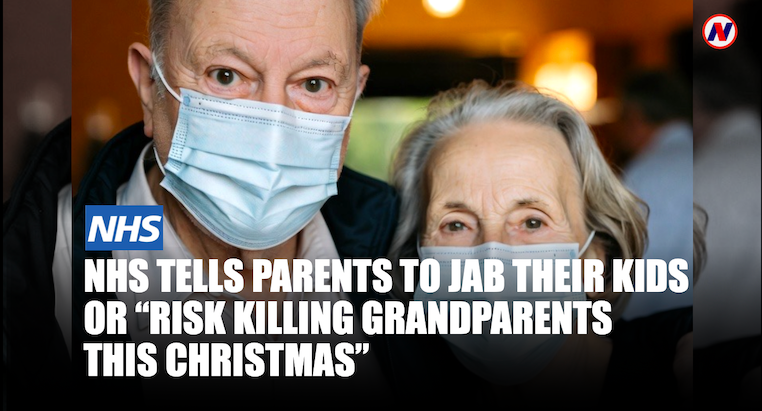Officials Now Query Data from AstraZeneca’s US Covid Vaccine Trial
- Vision News

- Mar 30, 2021
- 2 min read

It's not looking good for the pharmaceuticals giant again.
Some observers have already expressed concerns that the Pharma giant's claims of efficacy appear extraordinarily high, especially when compared to flu vaccines which have been decades in development yet show nowhere near the percentage of efficacy claimed for the AstraZeneca Vaccine which was developed in a matter of months. One industry expert who wishes to remain anonymous said the results were "highly suspicious".
"highly suspicious"
Now officials from the monitoring board overseeing AstraZeneca’s latest Covid-19 vaccine trial have expressed concern that data released by the company this week may have been out of date and “provided an incomplete view of the efficacy data.”
The BMJ reports: AstraZeneca issued an interim analysis of its phase III trial carried out in the US, Chile, and Peru in a press release on 22 March.1 This showed that the vaccine was 79% effective at preventing symptomatic Covid-19 and 100% effective at preventing severe disease and admission to hospital, though the results have yet to be formally peer reviewed. According to AstraZeneca the vaccine efficacy was consistent across all ethnic groups and in the over 65s, which was seen as reassuring as some European countries had failed to approve the vaccine for this age group, citing lack of data.
Sarah Gilbert, professor of vaccinology at Oxford University, who led development of the vaccine there, said she couldn’t see any reason why the FDA would not approve the vaccine for use in the US after scrutinising the data. However, later that day the independent data and safety monitoring board (DSMB) overseeing the trial told federal agencies and AstraZeneca that it was concerned about the information provided in the analysis.
What has muddied the waters still further is the media's insistence on taking the "100% effective" statement out of context and using it in headlines. The full statement is "100% effective at preventing severe disease and admission to hospital" which, in layman's terms is that it will reduce the symptoms, and that's a world of difference from 100% effective which is what the public now believes.
Stephen Griffin, associate professor in the University of Leeds School of Medicine, said that it “highlights the importance of data being provided at the same time as summaries being made public.”
But questions over the validity of AstraZeneca claims is nothing new for the pharmaceuticals company; in 2010 the company was fined $520 million by the FDA for making false claims and paying kickbacks for their anti-psychotic drug Seroquel. whilst in 2003 they were prosecuted for Medicare fraud over dodgy practices for their Cancer drugs to the tune of $355 million.
More reading





Comments